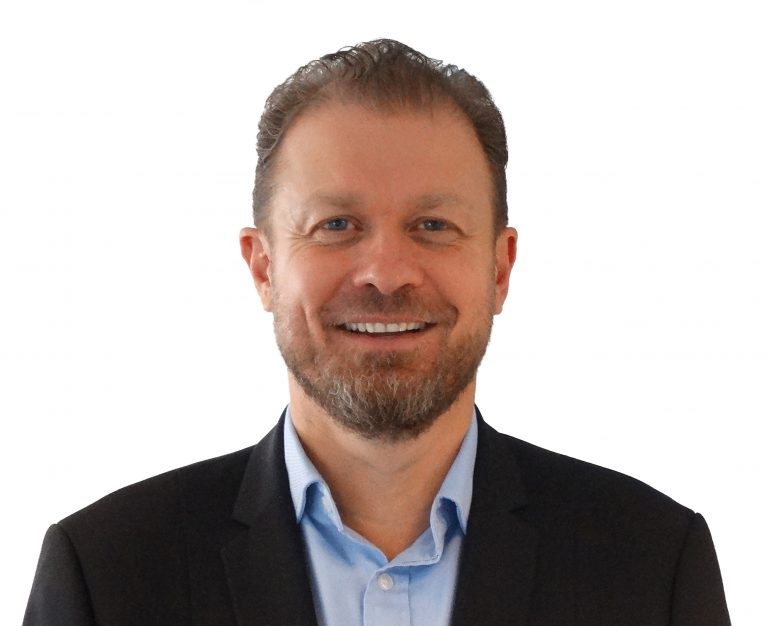Why energy efficiency must be part of the main conversation at COP28
Measuring energy is crucial to a cleaner more affordable global energy system
Over the next six weeks or so the world’s focus will shift towards COP28 – the most important global climate change conference taking place this year in Dubai from 30 November to 12 December.
Organisations attending COP – leading global companies across the energy sector including IOCs (international oil companies) and NOCs (national oil companies) as well as the SMEs (small and medium enterprises) that drive much of the industry innovation – will be under scrutiny like never before.
Governments will face tough questions about how they will ensure energy security for their populations while decarbonising their societies more quickly than ever before due to growing concerns about the speed and impact of climate change.
This year’s COP also marks seven years since the breakthrough agreement of emissions reductions at Paris in 2016, and seven years to go until 2030, when the world needs to reduce emissions by 43% to stay on course with our climate commitments.
One area nearly always pushed to the margins in the global energy conversation is the focus on the most efficient energy – the energy that we don’t use.
Don’t take my word for it, as Fatih Birol, Executive Director at the IEA put it, “At IEA, we call energy efficiency ‘the first fuel’ – which shows the significance of energy efficiency”.
According to the IEA, energy efficiency is key to clean energy transitions as it provides quick and cost-effective CO₂ mitigation options while delivering lower energy bills and strengthening energy security.

In practical terms, this means that when we produce, supply, and consume energy we must look to maximise value and efficiency at every step – it truly is a ‘win-win’ situation for energy producers and consumers alike.
And this rings true for all energy sources – the energy system cannot operate on one source. Renewables, hydrocarbons, nuclear and hydrogen along with energy technologies such as CCUS (carbon capture utilisation and storage) all have a role to play, and all should strive to maximise value and efficiency.
The Alderley Group perspective – digitally enabling energy efficiency
For Alderley – a global energy supply chain business together with group companies Kelton and SMS – it means supporting clients with digitally-enabled metering, measurement, and hydraulic solutions so that energy is produced safely and efficiently with lower carbon intensity and environmental impact.
Significantly, it means transferring that energy – whether oil, gas, hydrogen – with the optimum quality and without contamination or loss. This is a crucial point.
Energy efficiency aided by digitalisation is an important pillar of the current energy system that will shape global energy intensity and the amount of energy that ultimately feeds into the economy as a unit of GDP (gross domestic product).
Therefore, what we’ve done as a company over the past few years is to identify and design flow measurement solutions that in turn enhance global energy security as well as create more affordable, cleaner energy by helping clients maximise the value and efficiency of their energy assets.
In short, this entails:
- Determining the quantity, quality, and impact of energy
- Setting the baseline to understand current performance
- Informing mechanisms for improvement
- Tracking progress against targets
- Ensuring that the energy produced, distributed, and consumed is at the optimum value and efficiency
In emerging areas such as hydrogen and carbon capture and storage, there is a lack of guidelines and standards with regard to measurement and energy efficiency meaning that uncertainty will be high.
Trust in these newer energy sources to deliver on their potential will only grow if sound measurement technology is integrated into their rollout from that start. Otherwise, how can you maximise value and efficiency if you don’t know the energy that is flowing through your systems?
Focus on the Middle-East as a driver of energy efficiency measures
No region of the world currently understands the potential of energy efficiency more than the Gulf. It will be interesting to hear the consensus that emerges from Dubai later this year on energy efficiency and its role in a lower carbon and better-balanced energy system.
In fact, energy exporting countries such as Saudi Arabia and the UAE are already placing heavy emphasis on energy efficiency and the upgrading of their existing production systems as they look towards their export potential in low carbon energy sources such as hydrogen. Just look at the ambition of NEOM. Plans are underway for the NEOM Green Hydrogen Project to be the world’s largest utility scale, commercially based hydrogen facility powered entirely by renewable energy. Energy efficiency will be pivotal to the project’s success given the large-scale hydrogen production envisaged as part of this mega-project.
And further afield in India, south-east Asia and Africa, countries are developing energy systems with a mixture of hydrocarbon and low-carbon sources with enhanced energy efficiency measures integrated into their construction.
As we look to COP28 and further into 2024, I’m looking forward to a deeper and more meaningful conversation on energy efficiency than in the past. With new digital solutions and enhanced awareness of the issues, I’m hopeful that energy efficiency measures will be built into new projects and that existing projects will receive the long-overdue upgrades they deserve to create new value and to drive us towards decarbonisation.
Colin Elcoate is CEO of the Alderley Group and has worked in the global energy sector for 30 years. Alderley established operations in the Middle East in 2001 and currently has facilities in Qatar, Saudi Arabia, and UAE with decades of expertise in measurement and metering, hydraulics, and digital engineering solutions for the global energy sector.
***

